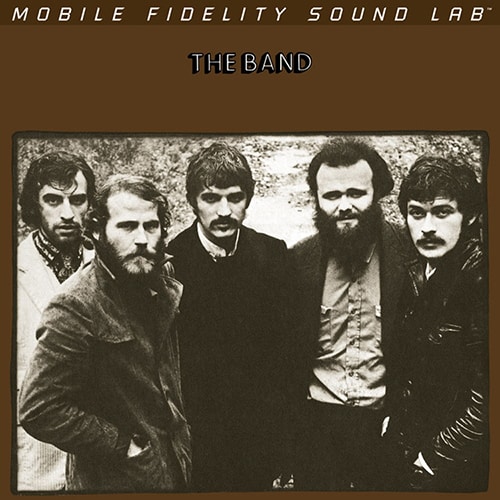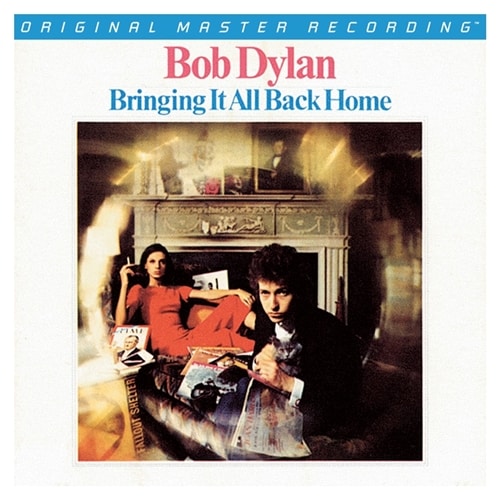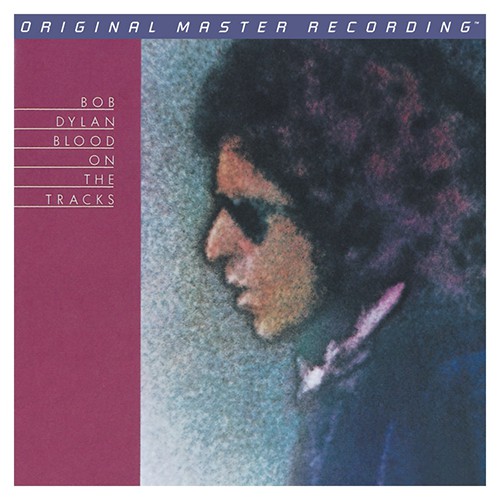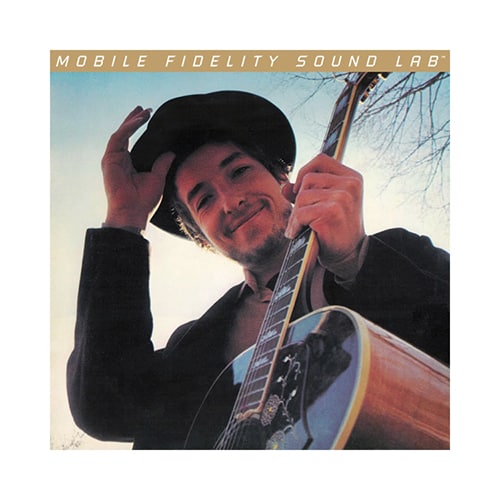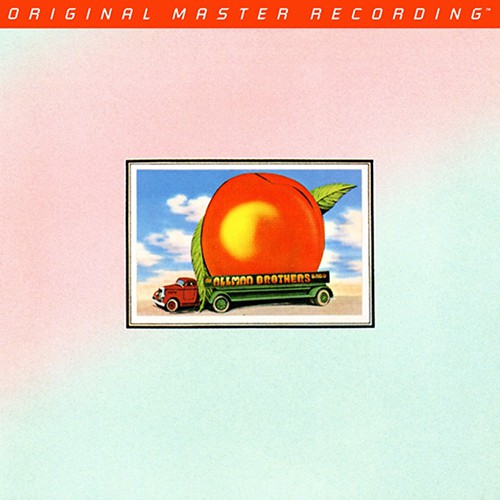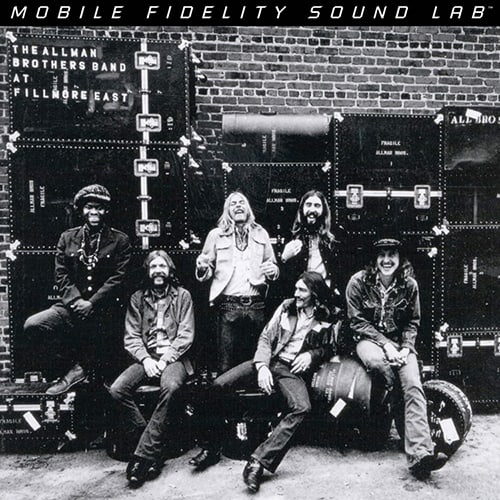Marketplace
2018 Capitol Records PRESSING
- Catalog Number B0028420-01
- Release Year 2018
- Vinyl Mastering Engineer Robert Ludwig & Chris Bellman
- Pressing Weight 180g
- # of Disks 2
- Jacket Style Gatefold
- 45 RPM Yes
- Original Release Year 1968
- Original Label Capitol Records
The Band’s debut is not a recording for casual listeners. Like all great works of art, it requires repeated examination and suspended judgment before its full measure can be appreciated. In the half century since the songs on Music from Big Pink were conceived in the solitude of New York’s Hudson Valley, a library of words have been devoted to the music’s impact and importance as a sacred text in the genre now known as Americana.
At the time of the album’s release, George Harrison, Eric Clapton, and dozens of other music insiders appeared deeply moved by the Band’s novel combination of 19th-century folk traditions, gothic storytelling, and solid rock n’ roll musicianship. But radio-label executives and programmers didn’t know what do with the difficult-to-pigeonhole sound. Because word of mouth spread slowly in pre-Internet days, it took a while before masterpieces like “The Weight” and “Tears of Rage” started showing up on FM playlists. As more artists began referencing the album, its stature grew and all kinds of lore sprung up around it.
One of the great ironies in the storied history of Music from Big Pink pertains to how lousy the original pressing sounds. According to numerous accounts, Capitol executives rejected Bob Ludwig’s initial master of the sessions because they felt its prodigious bass frequencies wouldn’t play well on cheap turntables. Rather than go back to the drawing board, the suits told the engineers to cut off everything below 80Hz. While it may have sounded passable on an AM radio, the original Capitol pressing’s thin, anemic qualities remain readily apparent on even an average stereo or headset. A 1968 LP copy is certainly authentic, but it would be hard to argue that it reflects what the Band intended.
As a consequence, numerous reissues have seen the light of day. So many, in fact, that skeptics are justified in asking why anyone needs another remaster of Music from Big Pink. The simple answer is we don’t. Krieg Wunderlich’s 2012 all-analog remaster for Mobile Fidelity fully restores Rick Danko’s beautiful bass lines, improves dynamic range, and presents the holography vinyl fans love. Even Ron McMaster’s 2017 cut of the most recent digital remaster on Capitol trounces the original LP. And while it lacks some of the depth and stunning dynamics of the Mobile Fidelity, McMaster’s version engages the senses and beats the sound of any CD edition I’ve heard.
So, while there’s no needfor another remaster of the Band’s debut, Capitol Records’ 50thAnniversary 45 RPM remix and remaster deserves the serious consideration of anyone who loves music and everything that goes into making it. Why? First and foremost, sound engineering icon Bob Clearmountain produced a remix that invites an even deeper journey into the legendary sessions. There’s no more eloquent explanation of what he accomplished than the story guitarist Robbie Robertson keeps telling interviewers. Robertson says original producer John Simon initially had musicians isolated in booths during the early stages of production. But things didn’t gel. So, Simon arranged the band members in a circle, with drummer and singer Levon Helm at the apex. To paraphrase Robertson, the original tape conveys what observers listening to the sessions heard. The Clearmountain remix and Bob Ludwig’s bass-forward, airy remaster actually brings listeners inside the circle with the group. Robertson claims the new version gets closer to what he heard as a player.
The validity of Robertson’s account is fully evident if you compare the updated version of “The Weight” with that on the Mobile Fidelity remaster. On the original, Helm’s voice gets panned hard right, while on the new edition, he’s dead center—exactly where he would be if you’d faced him as a musician at the sessions. The other members’ instruments and voices are surrounded by more studio ambience, an effect that proves thrillingly immersive.
If there’s downside to the 50th anniversary edition, it relates to it being remixed and remastered from a high-resolution digital source. On a good system, vocal and instrumental transients possess a bit more bite. Overall, it doesn’t sound quite as relaxed and natural as Mobile Fidelity’s all-analog version. Purists won’t be happy, but fanatics and format agnostics will likely find the trade-off of getting a bigger soundstage and improved detail more than acceptable.
If you have the funds, owning the Mobile Fidelity remaster and the new Capitol remix provides the most complete picture of the historic recording.
Music From Big Pink

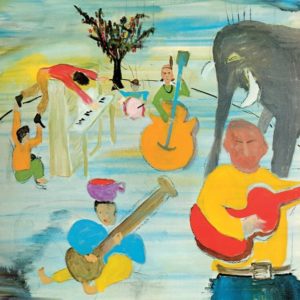
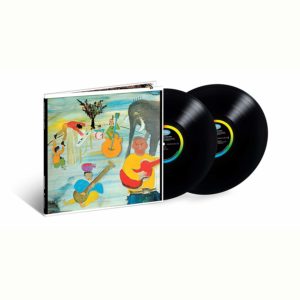
 4.5
4.5
